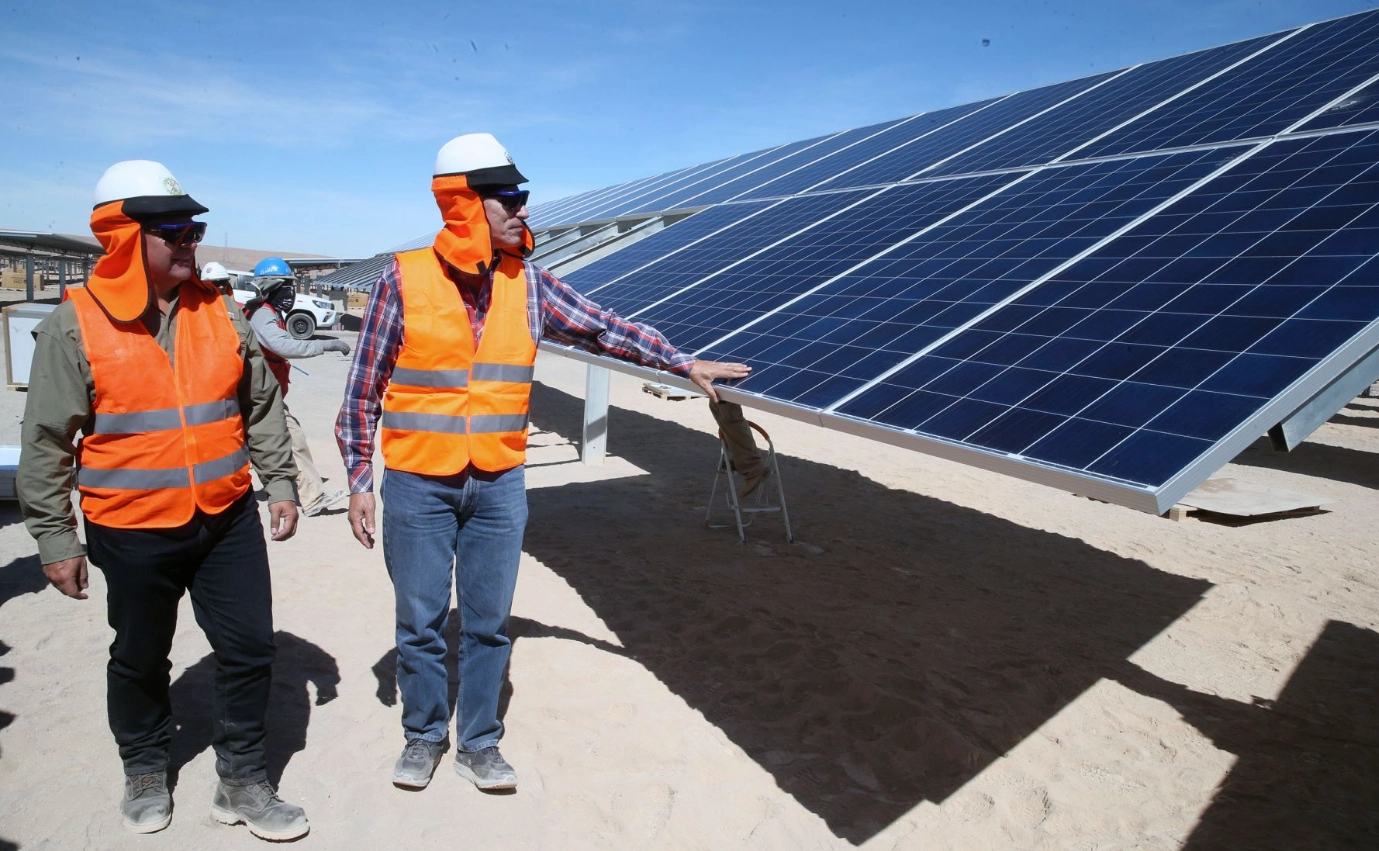The Economic Survey for Latin America and the Caribbean 2023, the flagship report of the Economic Commission for Latin America and the Caribbean (ECLAC), was published a few days ago. This year, the survey focused on financing a sustainable transition.
Chapter four of the report analyzes the role of central banks and financial supervisors and reviews the challenges that climate change poses for monetary authorities today. In describing instruments and policies, the report highlights the similarities, but also the differences, between the North and the South.
However, the initiatives introduced by some central banks in the region are aligned with the international regulatory framework for banking (Basel III), where action against the climate emergency is limited to greater disclosure and transparency of information on emissions. Some countries have also begun to develop green or sustainable taxonomies, which aim to reduce the risks of financial instability arising from climate change.
Some cases are evidence of the progress, often limited, that exists in the region.
In the case of Chile, while the Central Bank still does not show great progress in terms of guidelines or measures that force banks to distinguish their client portfolio (or require different capital ratios according to the destination of their credits), the financial regulator and supervisor issued in November 2021 the general rule No. 461, which incorporates sustainability and corporate governance points in the annual reports of supervised entities, applicable to entities such as banks, insurance companies, issuers of publicly offered securities, general fund managers and stock exchanges.
In order to mold the financial system to the new reality, the Costa Rican government presented on April 23, 2023, the project Aligning the Financial Flows of the Financial Sector with the Climate Change Targets of the Paris Agreement, an initiative that aims to develop a taxonomy of sustainable finance for financial entities operating in the country. The project will develop a framework for mapping, quantifying, and disclosing climate-related financial risks.
The Central Bank of Uruguay (BCU) decided to allocate a portion of the reserve assets it manages to sustainable investments and projects. Accordingly, it has invested in a dollar-denominated fund managed by the Bank for International Settlements (BIS) to invest in sustainable projects.
The ambition of an inclusive and sustainable development model implies considering a financing scheme oriented to the long term. Hence, establishing guidelines and taxonomies, policies, and instruments to achieve these ambitions. But this requires consistency, which implies that governments should not only design policies that drive the energy transition process. They should also prevent funds from continuing to flow to finance activities that act as a retardant to the transition process while perpetuating a polluting technology. It is necessary that the different policies (monetary, exchange rate, fiscal) are aligned with the transformation process, in order to guarantee a resilient and low-carbon economy.
Alignment means choosing actions, choosing among options, and assuming that neutrality in decision-making is no longer viable. The role of finance ministries, central banks, and financial supervisors is essential to promote knowledge and management of climate change-related risks that may affect the financial stability of the system. But these institutions must also generate the legal and regulatory conditions to establish a change in the financial market so that it channels its resources toward the energy transition, and not toward the deepening of the carbon-intensive model. The arrival of funds associated with green projects is of little significance if the non-renewable sector continues to monopolize most of the financing.
These measures are aimed at preserving the environment as much as at avoiding a financial crisis.
In some countries, the monetary authority has some influence over transition decisions, while capital markets may be a good place to trade green financial instruments. The situation is different in countries with shallower financial systems; under these circumstances, the ability of monetary policy, or banking regulation, to influence the transition is limited.
The ECLAC report refers to a contribution by economists Silvia Miranda-Agrippino and Hélène Rey when it highlights the limited space that emerging and developing countries have to implement policies in the face of the financial cycle’s growing influence. In a previous paper, Rey indicated that capital account control is the only alternative at hand for monetary policy in the present context.
This last proposal can be adapted to the emergency context, where the inflow of funds affects the transformation process of the energy sector. Recent studies show the role of global banking in channeling funds to fossil projects in different parts of the world, financial arbitrage transferring funds from institutionally strong countries (in terms of environmental and climate legislation) to weak countries. The latter group observes a more lax banking regulation, which allows such arbitrage. Introducing some kind of tax on the capital that comes to finance oil industry operations, a tax similar to the carbon tax in developed countries, would be tantamount to gaining political autonomy.
The control of cross-border capital flows becomes a key tool to prevent the funding of the oil industry as well as to reduce the financial risk involved in the transition. The funds that enter the treasury are destined to cover the risks involved in the oil operation. Another situation would be that of the funds coming in to finance new exploration projects, where the public authority should set a 100% rate for incoming capital in order to discourage financing and directly prohibit operations in those areas that are biodiversity-sensitive.
This complements the ECLAC report’s analysis of transition financing, which is limited to the framework of what is permitted but fails to evaluate other tools and policies that, in the context of climate emergency, are essential. As I emphasize in a recent document published by the Carolina Foundation, introducing controls does not mean returning to an autocratic scheme, but prioritizing a strategic view at the time of deciding which capital should be received and which should be avoided. Nor is it a question of copying recipes, importing institutions, or setting instruments in an uncritical manner. The climate emergency certainly makes it necessary to rethink strategies and instruments and to rethink them according to the particularities of the country in question.
*Translated by Janaína Ruviaro da Silva from the original in Spanish.












